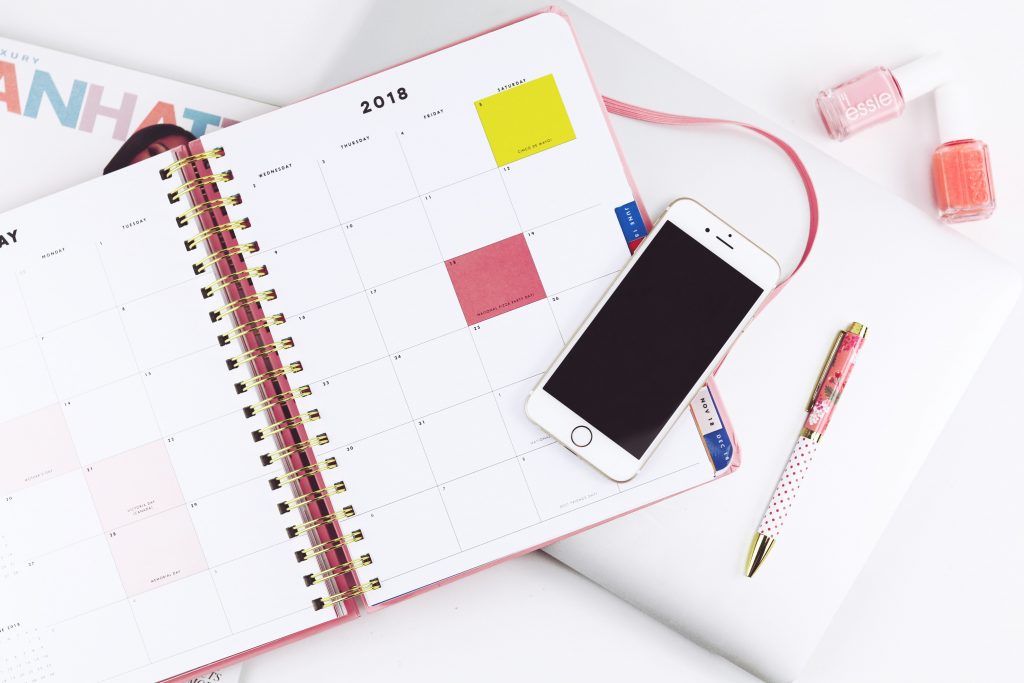
I recently wrote about how your hormones can affect your productivity. I’ve since learned from a podcast that week 4 of your cycle, the week before you are due your period, is the perfect time to evaluate and reflect on life, work, everything you’ve got going on.
So the other morning I decided to take some time to do just that – and specifically reflect on my coaching business.
I’ll share what I’ve learned, and how you can apply this to any area of your life, including career change.
The 80/20 principle
The podcast talks about the 80/20 rule (the Pareto principle) – which basically states that 80% of your results come from 20% of your effort.
For example if you have a business, it’s likely that 80% of your sales come from only 20% of your clients. A few key clients generate most of the income.
Therefore you should concentrate more on nurturing relationships with these 20% key clients. And on finding new clients who are similar.
This principle can be applied to practically anything, 20% of your effort will result in 80% of your results.
How can I use 80/20?
I wanted to look into the 80/20 principle and what it means for me. Based on an activity suggested in the podcast, I took a look at the marketing I do for my coaching business. I wrote a list with two columns. The left hand column shows how I spend my time on marketing each day or week. The right hand column shows how my clients find me.
I worked out that I spend 120 – 180 minutes writing and publishing a blogpost each week.
10 – 30 minutes goes on writing a post to put on LinkedIn – ideally daily but this isn’t always the case. So let’s say 50 minutes on this.
Then I spend around 10 minutes every Monday posting to a couple of relevant Facebook groups. I share useful articles and promote my coaching.
I also spend some time reading relevant articles and following marketing tutorials. Maybe another 50 minutes a week.
So that’s 290 minutes a week on marketing.
Does 80/20 apply to me?
That’s how I spend my time. Now, how do clients find me?
When I look at where my clients actually come from, it’s LinkedIn and Facebook. They’ve organically searched for coaches and found me.
Or they’ve seen one of my posts or comments and checked out my profile or website.
My very first client found me from a post linking to an interview I did for the Careershifters website and contacted me for advice.
So the 60 minutes a week I spend on creating LinkedIn and Facebook posts directly result in new clients finding me. That is indeed 20% of the time I spend on marketing. The 80/20 principle does seem to apply.
So what have I learned?
I’ve learned that I need to focus more on LinkedIn and Facebook posts, perhaps increasing frequency and making sure the content is great. They directly influence the success of my coaching business, allowing me to reach new clients. Bingo.
I can try to cut down a little on the other stuff, if it’s time I could be spending on the posts mentioned above. I could repurpose my blog content for more posts. Doing more interviews like the Careershifters one would be a good idea.
How does 80/20 apply to career change?
This principle can be applied to career change (and any other area of your life, it’s all about how you’re choosing to spend your time).
You might be doing all sorts of things to try and change career and find a new job.
Scanning online job boards, using LinkedIn, getting job alerts. Speaking to friends and family. Researching further training. Scanning company websites for openings or sending cover letters. It can be overwhelming.
Take time to reflect.
Perhaps it’s time to sit back and reflect. Get a piece of paper, on the right hand side write down all the ‘successes’ you’ve had.
Connections you’ve made on Linkedin that seem promising, a phone conversation with someone who could help or advise. A coffee with an acquaintance that led to an introduction, a job application you’re excited about.
Now on the left hand side write down all the tasks that you’ve been doing to help with your career change.
Contacting people on LinkedIn who look interesting. Setting up a call with a friend of a friend who works for a company you’re interested in. Spending 20 minutes scanning job boards. Reading through your daily job alerts. Going to a talk which gave you some great ideas.
Match up your successes to your tasks. What directly led to these successes? Which tasks are actually getting you somewhere, and which are just keeping you busy?
The former are the tasks you should be concentrating more on.
This activity helps with focus when there’s a lot you could be doing and you don’t know how to prioritise.
It can help with endless searching and procrastinating.
If you are more targeted in your approach, a bit more strategic, chances are you’ll make good progress and feel more in control.
I hope trying the 80/20 rule works for you – and helps you streamline your efforts!
If you’d like to try a life coaching session with me, email me at joaopoku@gmail.com.
Photo by Austin Distel on Unsplash

